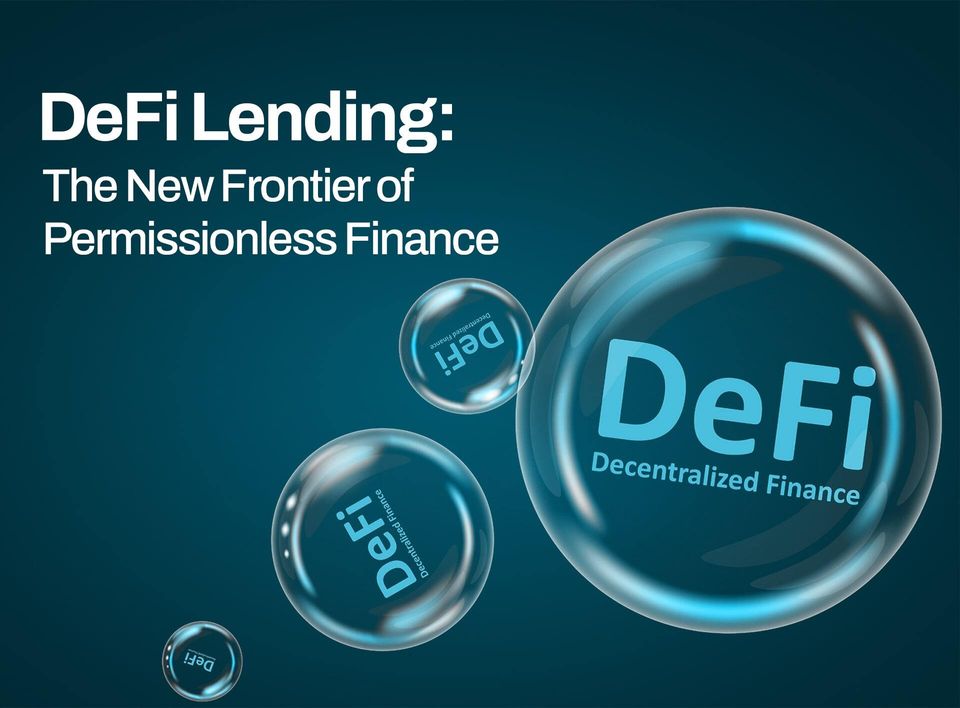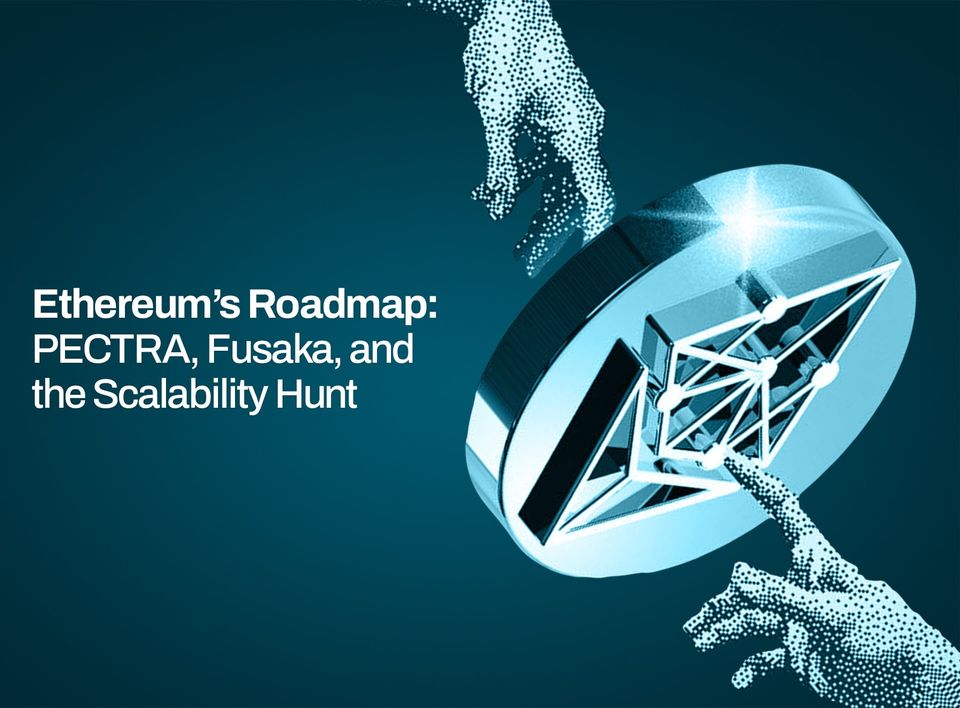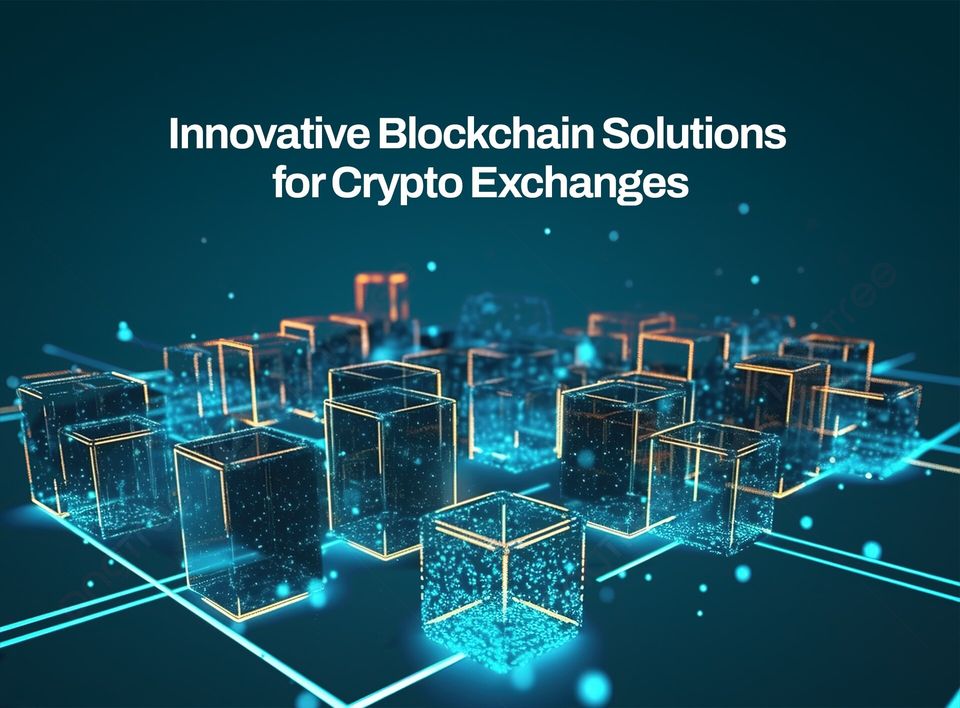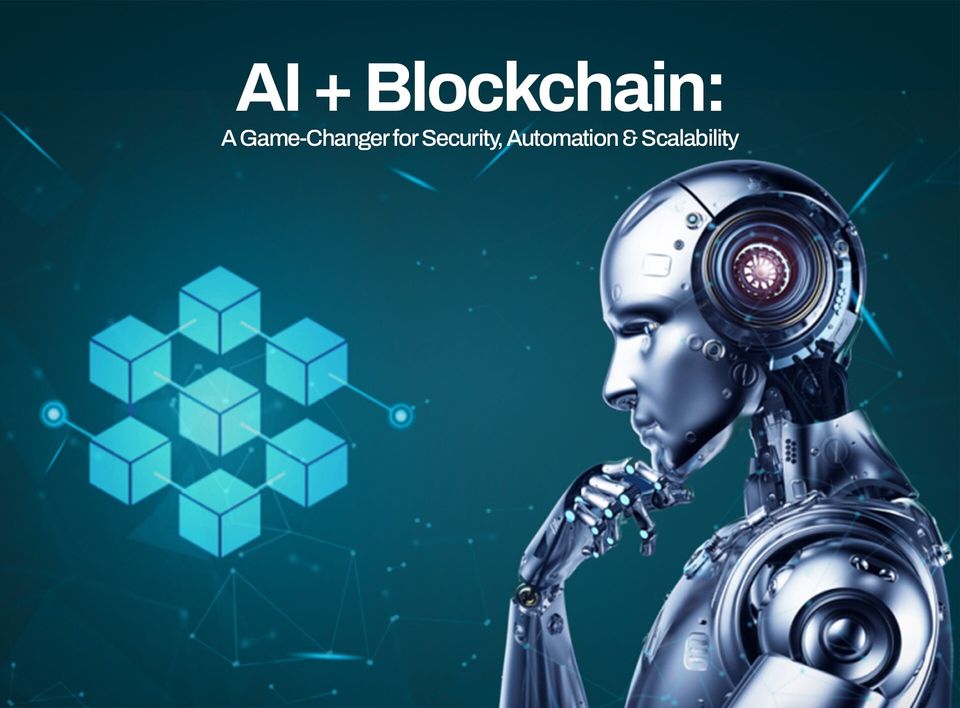What Are Decentralised Apps and Why Should You Care About Them?
If you're concerned about your online privacy and the safety of your personal information, DApps may be worth considering.
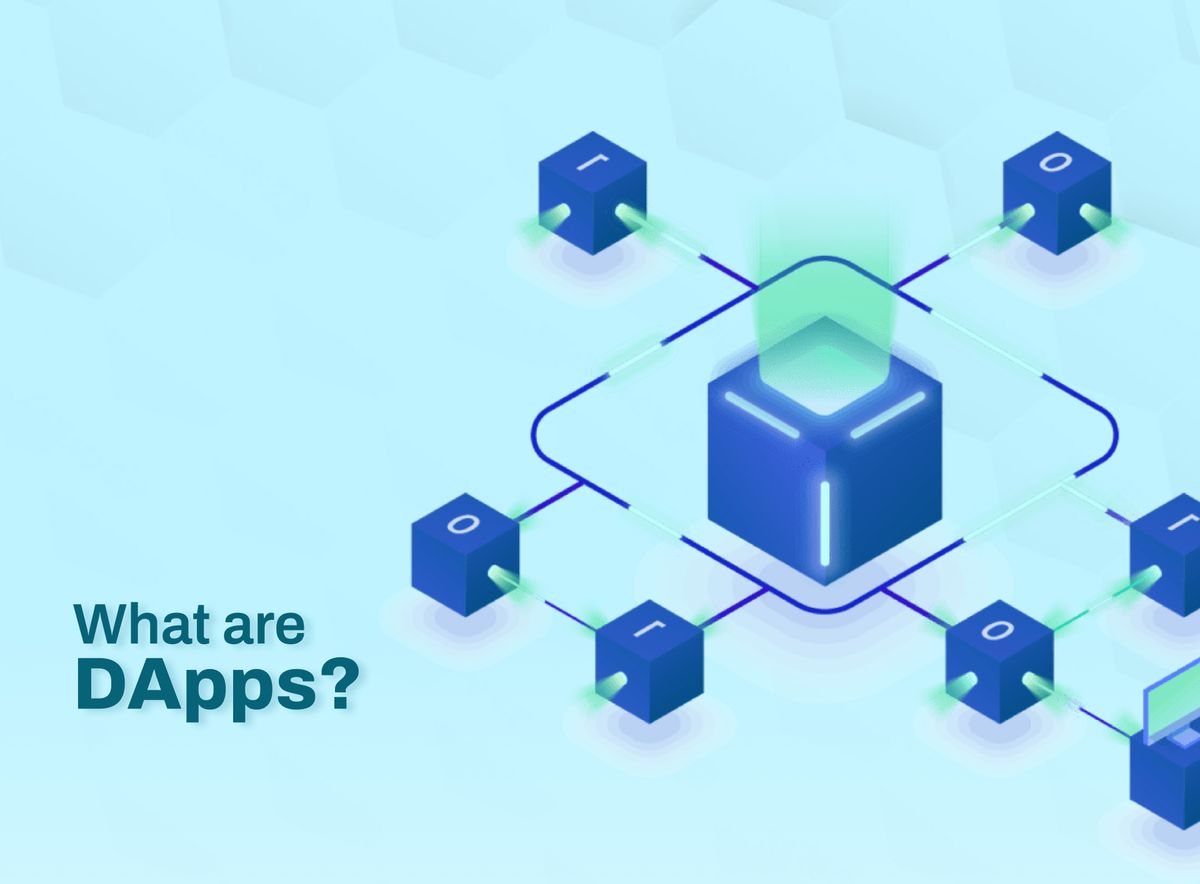
Apps are an integral part of our modern-day living. We have mobile and web apps for nearly everything from finance to productivity to health to food. For instance, people use Spotify to listen to music, Netflix to watch movies, Uber for transportation, and Amazon to buy all kinds of items.
Most of these apps are centralised applications. Centralised applications are apps owned and run by a particular company, business or corporation. The application software is stored on servers controlled by the company. They've been around for decades and are used by everyone.
So how do decentralised apps differ from centralised apps, and what benefits do they offer? Let's find out.
What are decentralized applications?
Decentralised applications, popularly known as DApps, run and operate on a peer-to-peer (P2P) blockchain network rather than a centrally-owned computer server. It is free from central control by a single entity or corporation. DApps can be developed for gaming, social media, web browsing and decentralised finance.
DApps software runs on the blockchain, which works as a database of all participants and contributors building the app. The principal logic behind a decentralised application is called a smart contract.
Smart contracts are blocks within the blockchain that process data from external sources and help the blockchain function. They're used to automate the execution of software development workflow and how a code should run to achieve a result on the blockchain.
To simplify this explanation, think of smart contracts as the fluid that keeps a car engine running or a head of operations in a company that keeps things functioning.
Let's take a regular app like Instagram that runs on a computer server and system operated by a corporation (Meta). This means Meta has complete authority over how Instagram functions. It controls the backend functionality and user interface people who use the app see.
On the other hand, we have DApps that run on the blockchain or a peer-to-peer network.
An example is OpenSea - a mobile and web application for trading NFTs. It was first built on the Ethereum blockchain but later integrated with the Polygon blockchain to reduce transaction fees.
Another example is BitTorrent, a web application where users can share, upload, and download files from anywhere in the world.
What makes an app decentralised?
There are four criteria an app must meet before it can qualify as decentralised:
Open source: The application's code must be publicly available. Any changes made to the protocol must be decided and agreed upon by consensus.
Decentralised Network: The application must run on a blockchain network, like Ethereum or Polygon, which guarantees data will be stored and distributed on a decentralised public database.
Incentive: The application must have tokens or digital assets to reward users for validating blocks on the chain by using the app.
Protocol: To show proof of value, a decentralised application must run on a blockchain protocol and Cryptographic algorithm, like Proof-of-Work (PoW) or Proof-of-Stake (PoS).
A blockchain protocol is the method through which the application generates tokens which serve as incentives for using the app. For instance, the DApp Brave Browser uses the proof of stake protocol to generate the BAT (Basic Attention Token) crypto for users.
Essentially, this means the DApp must have a mechanism in place that rewards users for their actions within the app. It's similar to how a game app like Subway Surf rewards you with coins for passing new levels.
Examples of DApps
Steemit
Steemit is a blockchain-based social media platform. You can create and post content, and other users can comment or react to it. Users are rewarded in cryptocurrency based on the number of interactions their posts generate.
EtherTweet
EtherTweet is a decentralised social media platform similar to Twitter, except any content posted on it cannot be deleted. It is also uncensored and serves as a reliable public record of content.
Audius
Audius uses blockchain technology to provide music streaming services, similar to centralised apps like Spotify. The platform allows creators to make NFTs of their music, and artists are paid in AUDIO (Audius' native token) when listeners stream their songs. Users can also pay for using the service with AUDIO tokens without involving third-party payment processors.
Upland
Upland is a blockchain-based game that combines the metaverse with real-world features for a unique gaming experience. It is based on trading real estate, and all the properties are based on real-life geographical locations. Upland is play-to-earn, which means players can sell their game wins for fiat money. You can download the game on your Android and iOS devices.
Brave
Brave is a web browser based on blockchain technology. The browser claims it wants to give privacy and information control to its users. This DApp has over 5 million users and rewards users with "Basic Attention Tokens (BATs) or Brave Rewards -that can be traded for Bitcoin - for watching ads and using in-app features.
What are the benefits of decentralised applications?
- They offer increased user privacy:
Centralised applications are known for breaching user privacy and exploiting your personal information. With a decentralised app, users do not have to enter their personal information. Because DApps are built using smart contracts, it reduces the need for sharing excess personal details while keeping any data you share safely on the blockchain. Data stored on a blockchain is particularly secure because only authorised users can access it. The data can't be used for other potentially problematic purposes, like data stored on a company's server.
- They can be used to resist censorship of speech and expression:
Unlike centralised apps, where a central authority has complete control and can delete or stop messages from being shared, DApps are an alternative for people resisting censorship. Decentralised apps like Steemit allow users to express themselves freely because no participant or developer can delete or stop messages from being posted.
What are the drawbacks of decentralised applications?
- DApps are still largely experimental:
Decentralised applications are still in an early developmental phase. Hence, they are prone to downtimes and operational problems compared to centralised apps that have been around for decades.
- The challenge of user-friendliness:
Building a user-friendly interface for decentralised apps is still a work in progress. Most centralised apps are easy to use, so getting people to switch to DApps without a user-friendly interface is a problem. Decentralised tech developers must create an end-user experience and improve app performance to match (and possibly) surpass regular apps.
- Coding limitations:
Modifications must continue for an app to keep running smoothly. That's why you find new updates for centralised apps in the app or play store or from the app website. Each new version or update comes with bug fixes, new features, or both. In the case of DApps, it's difficult for developers to make necessary updates because the code and data on the blockchain are hard to alter or modify. Once a smart contract is deployed, it's very difficult to make any changes.
Why should you care about Decentralised Applications?
If you're a user concerned about your online privacy and the safety of your personal information, DApps may be worth considering. These apps run on the blockchain, and privacy is one of the core features of this technology.
DApps are an alternative to centralised apps that can restrict messages or posts if you're looking for an uncensored platform that allows freedom of expression.
DApps are part of the new wave of technology, alongside cryptocurrency, Web3, NFTs, and the metaverse. Even if you have no use for them presently, they're still worth watching. Technology constantly evolves, and in 2 - 3 years, DApps may be as mainstream as traditional apps.
Disclaimer: This article was written by the writer to provide guidance and understanding of cryptocurrency trading. It is not an exhaustive article and should not be taken as financial advice. Obiex will not be held liable for your investment decisions.

